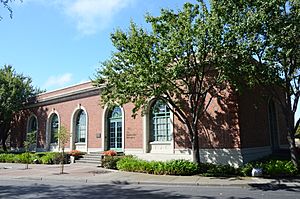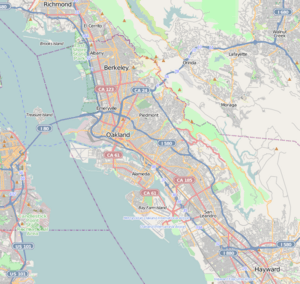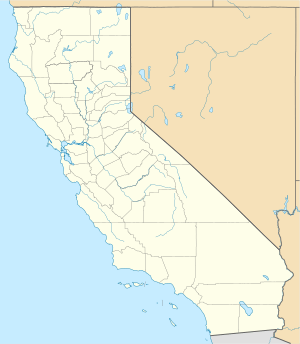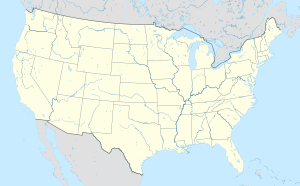Alameda Works Shipyard facts for kids
Quick facts for kids Alameda Works Shipyard |
|
|---|---|
| Alameda County, California | |

Union Iron Works Powerhouse
|
|
| Type | Shipyard |
| Site history | |
| Built | 1900s |
| In use | 1900s–1956 |
| Battles/wars | |
|
Union Iron Works Powerhouse
|
|
| Location | Alameda, California |
| NRHP reference No. | 80000793 |
| Added to NRHP | January 10, 1980 |
The Alameda Works Shipyard, in Alameda, California, United States, was one of the largest and best equipped shipyards in the country. The only building remaining from the yard is the Union Iron Works Powerhouse, which is listed on the National Register of Historic Places.
History
Established in the early 1900s by the United Engineering Company, the yard was purchased by Union Iron Works (later called Bethlehem Shipbuilding Corporation) in 1916 and came to be known as the Alameda Works.
The site was expanded from 7 acres (2.8 ha) to 75 acres (30 ha) with facilities for constructing up to six major vessels simultaneously. After 1923, the Alameda Works ceased making ships but continued its dry docking and ship repair operations.
At the beginning of World War II, the Alameda Works was re-established as the Bethlehem Alameda Shipyard, and modernized and expanded to include new shipways and on-site worker housing. During the war, the yard repaired more than 1,000 vessels and produced P-2 Admiral-type troop ships, and it continued to produce structural steel. Shipbuilding came to an end in the early 1950s, and the yard was closed in 1956.
Union Iron Works Powerhouse
This power station was designed by San Francisco architect Frederick Meyer, one of many designed for the Pacific Gas and Electric Company in Northern California between 1905 and the 1920s. It is a one-story rectangular industrial building, 25 feet (7.6 m) high, 53 feet (16 m) wide and 110 feet (34 m) long, that rests on a concrete base. Designed in a simplified Renaissance Revival style, the powerhouse is an excellent example of a building type-the "beautiful" power house-for which the San Francisco Bay Area was nationally known. It contained several large generators and was constructed specifically to meet the massive electricity requirements of the yards.
Today, the little building that once powered an entire shipyard has been converted into private office space and is closed to the public.
Images for kids







